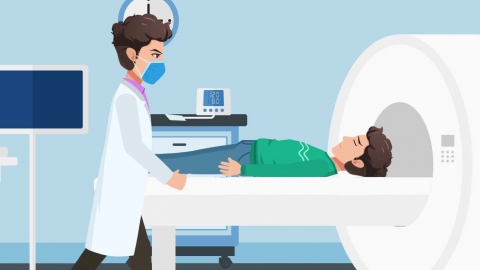Is a second diagnosis necessary for liver metastasis of esophageal cancer?
Generally, a second diagnosis is needed when there is doubt regarding the initial diagnosis of liver metastasis in esophageal cancer or when test results are contradictory. However, if the diagnosis is clear and the results of various tests are consistent, a second diagnosis may not be necessary. Detailed analysis is as follows:

If initial examinations detect a liver lesion, but its imaging characteristics are atypical and it is difficult to determine whether it is a metastatic lesion, or if there are inconsistencies among different test results—for example, imaging suggests metastasis but tumor markers are normal—a second diagnosis is required to clarify the nature of the lesion.
If contrast-enhanced CT, MRI, and other examinations clearly show typical features of liver metastases, and these findings are consistent with the patient's history of esophageal cancer and clinical symptoms, and if diagnostic evidence is sufficient and consistent, then a second diagnosis may not be necessary.
When liver metastasis is suspected in patients with esophageal cancer, do not self-assess whether a second diagnosis is needed. Promptly consult your attending physician, and let the doctor determine the next steps based on specific test results and clinical condition.




